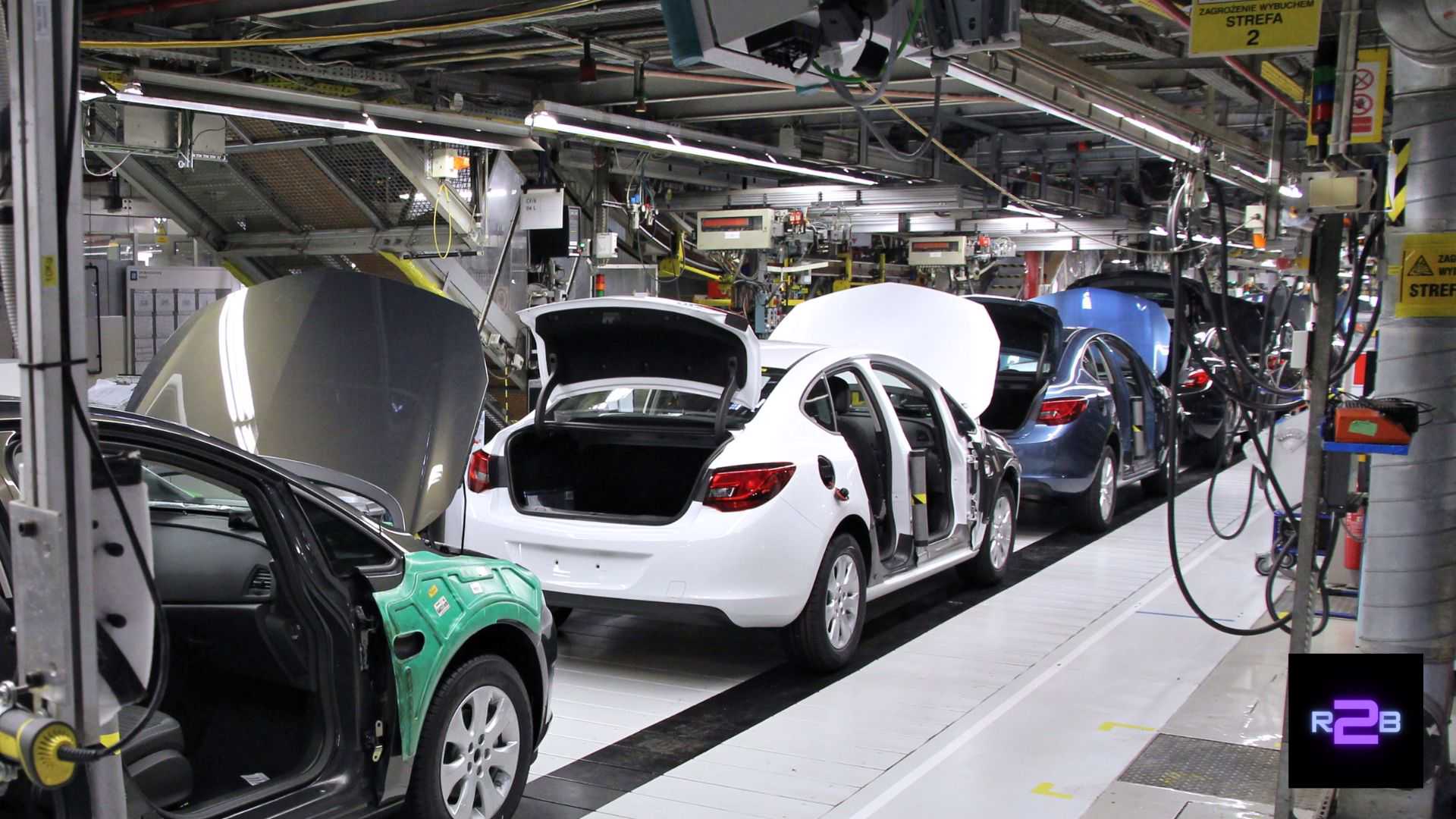Digital Marketing for Automobile Industry: The automobile industry is one of the largest industries worldwide, with a significant impact on the global economy. According to a report by Statista, the global automotive market is expected to reach a value of $1.38 trillion by 2025. As the industry continues to grow, digital marketing has become a crucial component of automotive marketing strategies. In this article, we will explore the various digital marketing strategies for automobile industry and the impact they have on sales.
Digital Marketing for Automobile Industry
1) Social Media Marketing

Social media marketing is an effective way for automotive brands to reach potential customers. According to a study by Sprout Social, 74% of consumers rely on social media to make purchasing decisions. In addition, social media is a powerful tool for building brand awareness and generating leads.
Automotive brands can leverage social media platforms like Facebook, Instagram, and Twitter to promote their products and connect with potential customers. By posting engaging content, sharing user-generated content, and responding to customer inquiries, automotive brands can build a strong social media presence that resonates with consumers.
For example, Ford has a strong social media presence across multiple platforms. The company uses social media to showcase its products, highlight its sustainability efforts, and engage with its followers. Ford’s social media accounts have millions of followers, demonstrating the power of social media in the automotive industry.
2) Search Engine Marketing
Search engine marketing (SEM) is another crucial component of digital marketing for the automobile industry. SEM involves promoting a brand’s products or services through paid search ads that appear at the top of search engine results pages.
According to a study by Google, search ads drive 80% of all automotive clicks on Google. This highlights the importance of SEM for the automobile industry. By bidding on relevant keywords and creating compelling ad copy, automotive brands can drive traffic to their websites and generate leads.
For example, BMW uses SEM to promote its vehicles on Google. When users search for terms like “luxury cars” or “German cars,” BMW’s search ads appear at the top of the search results page. This helps BMW reach potential customers who are actively searching for its products.
3) Email Marketing

Email marketing is a highly effective way for automotive brands to engage with their customers and drive sales. According to a study by HubSpot, email marketing generates $38 for every $1 spent, making it one of the most cost-effective marketing channels.
Automotive brands can use email marketing to promote their products, announce new releases, and offer special promotions. By segmenting their email lists and sending personalized messages, automotive brands can ensure that their messages resonate with their customers.
For example, Tesla uses email marketing to keep its customers informed about new product releases and updates. Tesla’s email campaigns are highly personalized, with content tailored to the recipient’s interests and preferences. This helps Tesla build stronger relationships with its customers and keep them engaged with the brand.
4) Website Design and Development

A brand’s website is its digital storefront, and it’s essential for automotive brands to have a website that is both attractive and user-friendly. According to a study by Stanford, 75% of users judge a company’s credibility based on the design of its website.
Automotive brands can use website design and development to showcase their products, highlight their features, and make it easy for customers to purchase their products. By creating a website that is visually appealing, easy to navigate, and optimized for search engines, automotive brands can increase their online visibility and drive sales.
For example, Porsche has a website that is both visually stunning and user-friendly. The website features high-quality images of Porsche’s vehicles, detailed information about each model, and a configurator that allows customers to build and customize their own Porsche. The website also includes a dealer locator tool, making it easy for customers to find a Porsche dealership near them.
Read Why Portfolio websites are important here.
Data and Statistics of Digital Marketing for Automobile Industry
The impact of digital marketing on the automobile industry can be seen in the following data and statistics:
According to a report by eMarketer, digital ad spending in the automotive industry is expected to reach $16.2 billion in 2021, up from $14.3 billion in 2020.
A study by Google found that 84% of car shoppers research online before making a purchase.
According to a report by Statista, 48% of automotive marketers use social media to promote their products.
A study by McKinsey & Company found that online channels, such as search engines and social media, play a significant role in the automotive customer journey.
A report by Salesforce found that email marketing is the most effective digital marketing tactic for automotive brands, with an ROI of 38:1.
According to a study by JD Power, the average automotive brand spends $731 per vehicle on digital advertising.
Conclusion
In conclusion, digital marketing has become a crucial component of automotive marketing strategies. Social media marketing, search engine marketing, email marketing, and website design and development are all important tactics that can help automotive brands reach potential customers and drive sales. With the global automotive market expected to continue growing in the coming years, it’s more important than ever for automotive brands to have a strong digital marketing presence by utilizing digital marketing for automobile industry. By leveraging the latest digital marketing strategies and techniques, automotive brands can stay ahead of the competition and drive growth in this dynamic industry.
Like the Blog? Follow us on social media for daily updates.





